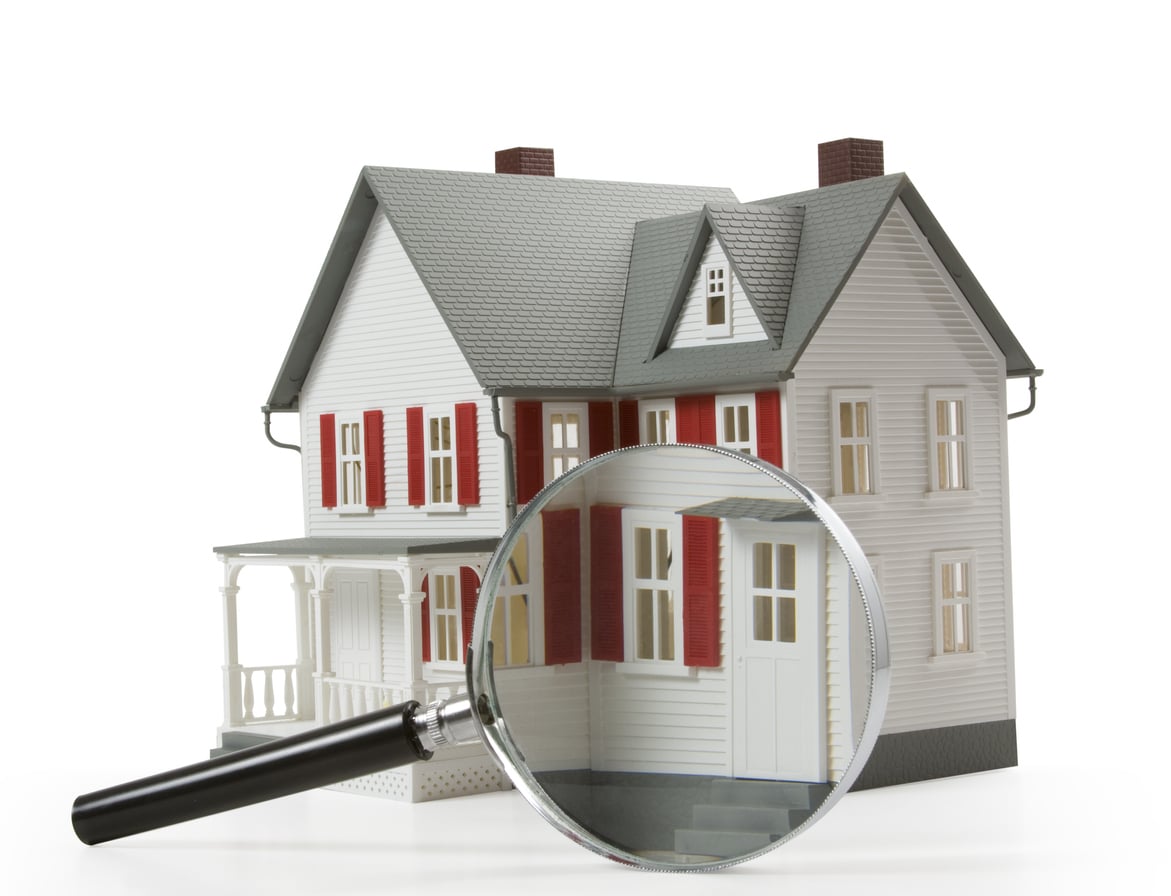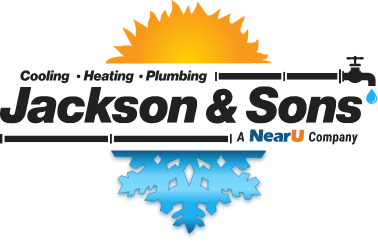
If you notice HVAC danger signs, will you recognize them and take proper action? Continuous progress in the HVAC industry ensures that today’s furnaces and air conditioners have an excellent record of safe operation. Still, like any mechanical device, these units incorporate factors that could pose a danger in certain circumstances.
The best measure to avoid hazards is to schedule precison maintenance tune ups on furnace and AC units with a qualified, professional HVAC contractor. Should they occur, however, HVAC danger signs should never be ignored. Diagnosis and repair is not a job for a do-it-yourselfer. Always be aware of these potential HVAC danger signs:
- Smell of something burning. It’s normal for a gas-fired furnace to briefly emit some odors the first time the unit is started up for the season, as accumulated dust burns off the gas burner. However, the smell should dissipate rapidly. If burning odors persist longer than a short period — or if they recur at any other time — turn off the furnace and call for professional help.
- High-voltage AC. The outdoor unit of a central air conditioner utilizes 220-volt electrical power to run the system compressor. Failing components such as the compressor may trip circuit breakers and melt wiring. Only certified HVAC technicians should diagnose and repair these high-voltage components.
- Gas leaks. Natural gas leaking from a gas-fired furnace produces a pungent “rotten egg” smell. This poses immediate danger of fire and/or explosion. Turn off the furnace, open doors and windows, and get everyone outside. Call 911 and the gas company immediately.
- Carbon monoxide poisoning. Malfunctions in a gas furnace may produce odorless, colorless carbon monoxide gas (CO) that is highly toxic. Symptoms include dizziness, shortness of breath, extreme fatigue, and blurred vision. Loss of consciousness and death may ensue rapidly. Every house should have a CO detector installed on each floor of the home and just outside every bedroom door. If you suspect symptoms — or a CO detector sounds an alarm — evacuate the house immediately and call 911.
Stay safe by staying aware of potential HVAC danger signs in all seasons. Contact the experienced professionals at Jackson & Sons for more information.

